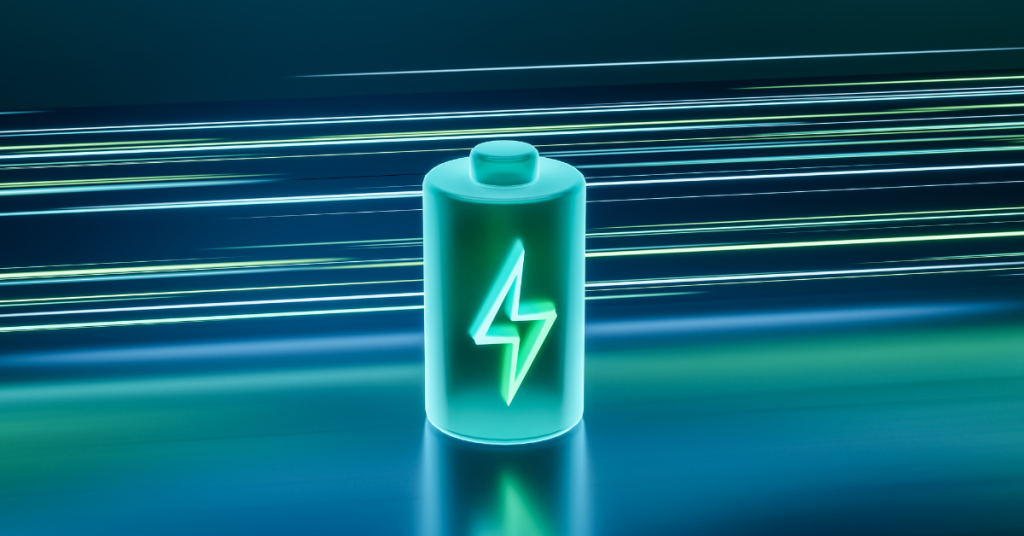
Recycling rechargeable batteries is essential for environmental protection and resource conservation. These small power sources, used in everything from laptops to cell phones, contain materials that can be harmful if not disposed of correctly. This guide will walk you through the process of recycling different types of rechargeable batteries, ensuring you know where and how to recycle them responsibly.
Understanding Rechargeable Batteries
Types of Rechargeable Batteries
Rechargeable batteries come in various forms, each serving different purposes:
- NiMh (Nickel-Metal Hydride) Batteries: Commonly used in household items like cameras and remote controls.
- Lithium-Ion Batteries: Found in laptops, cell phones, and other portable electronics due to their high energy density.
Why Recycle?
Recycling rechargeable batteries is crucial for several reasons:
- Environmental Benefits: Proper recycling prevents hazardous materials from contaminating the soil and water.
- Resource Conservation: Recycling allows the recovery of valuable materials like cobalt, nickel, and lithium, which can be reused.
How to Recycle Rechargeable Batteries
Step-by-Step Guide
Recycling rechargeable batteries involves a few careful steps:
- Identify Battery Type: Check the label or device manual to determine the battery type.
- Preparation:
- Safety First: Wear gloves and handle batteries with care.
- Storage: Place batteries in a non-conductive container, like a plastic bag, to prevent short-circuiting.
- Drop-off Locations: Take the prepared batteries to designated recycling centers.
Drop-off Locations
- Electronics Stores: Many retailers, such as Best Buy, offer battery recycling services.
- Recycling Centers: Local recycling facilities often accept rechargeable batteries.
- Specialized Services: CJD E-Cycling provides comprehensive battery recycling solutions in the greater St. Louis area.
Where to Recycle Rechargeable Batteries
Local Options
Finding a nearby recycling center is easier than you think:
- Electronics Stores: Stores like Home Depot and Staples often have recycling bins for batteries.
- Municipal Programs: Many cities offer household hazardous waste collection events. CJD partners with these municipalities to offer E-Cycling events for residents, making it easier than ever to recycle electronics and metals.
Recycle Rechargeable Batteries Near Me
Use online resources to locate recycling centers:
- Call2Recycle: A convenient tool to find local drop-off points.
- Earth911: Provides information on nearby recycling facilities based on your ZIP code.
CJD E-Cycling
CJD E-Cycling stands out for its reliable recycling services in Edwardsville (Greater St. Louis area). We ensure proper handling and disposal, making us a trusted option for responsible battery and electronics recycling. Call or visit us today to learn more about our electronics recycling, including accepted electronics and metals and items that we cannot accept.
FAQs About Rechargeable Battery Recycling
Where to Recycle Rechargeable Batteries?
You can recycle rechargeable batteries at:
- Local Electronics Stores: Many have dedicated recycling bins.
- Recycling Centers: Contact your local center to confirm they accept batteries.
- CJD E-Cycling: Offers comprehensive services in the Edwardsville (Greater St. Louis) area.
Where Can I Recycle Rechargeable Batteries?
There are various places and programs available for recycling:
- Retailers: Stores like Best Buy, Home Depot, and Staples.
- Community Programs: Local government-run recycling programs, in partnership with CJD E-Cycling.
How to Recycle Rechargeable Batteries?
Follow these steps:
- Identify the battery type.
- Safely prepare and store the batteries.
- Take them to a designated drop-off location.
Are Non-Rechargeable Batteries Recyclable?
Non-rechargeable batteries, like alkaline batteries, can often be recycled but require different handling methods. Check with your local recycling program for specific instructions on proper disposal techniques.
Best Practices for Battery Recycling
Safety Tips
- Proper Handling: Always wear gloves and avoid direct contact with battery terminals.
- Storage: Store batteries in a cool, dry place in non-conductive containers.
Environmental Impact
Responsible recycling helps reduce pollution, conserve resources, and support sustainable practices.
Future of Battery Recycling
Innovations in battery recycling are continuously evolving, making the process more efficient and environmentally friendly.
Conclusion
Recycling rechargeable batteries is a simple yet impactful way to contribute to environmental sustainability. By following the guidelines in this guide, you can ensure that your batteries are disposed of responsibly. Take your rechargeable batteries to CJD E-Cycling and share this guide to spread awareness and promote responsible recycling practices.
